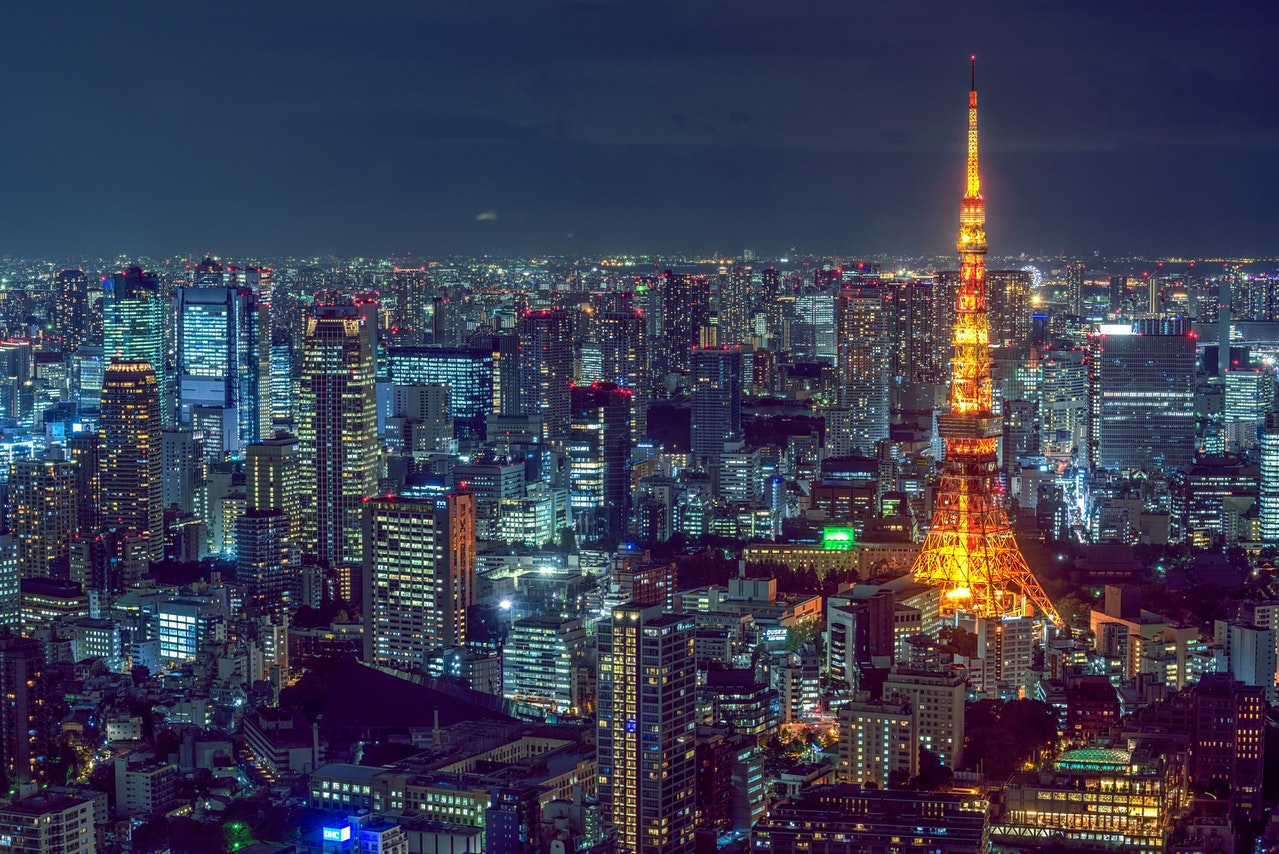The Japanese government has introduced an energy-saving regime for the first time in seven years, urging households and businesses to reduce consumption for the summer wisely.
This is due to calculations that in the event of a strong heat wave in almost all regions of the country, except for southern Okinawa and the island of Hokkaido in the north, the energy reserve factor can be only 3.7%, while the critical level is 3%.
The demand for energy-saving involves using air conditioners and other electrical appliances to avoid heat stroke, but the reduction of electricity consumption for secondary purposes – advertising signs, demonstration of the operation of lighting devices and televisions in stores and shop windows, and others.
Tokyo and eight other prefectures have been warning for four days since Monday about the limitation on the power grid due to the abnormal heat this month. These days, temperatures up to 40 degrees were recorded in a number of areas from this zone. On Thursday, the record temperature for June was set in Tokyo – above 36 degrees.
Problems with electricity supply arose against the backdrop of rising prices for energy resources, the reduction of thermal power plants because of plans to switch to “clean” types of energy, and increasing concerns about the resilience of electricity reserves.
For the first time since 2011, the Ministry of Economy of Japan began to report on the country’s energy consumption level due to a projected energy shortage this summer.
Data for the week ahead is released on Fridays. This practice was carried out before only in 2011, when, after a strong earthquake and tsunami, an accident occurred at the Fukushima-1 nuclear power plant, and all nuclear power plants were stopped, which provided about a third of the country’s electricity.
It is expected that the notification of the power supply state will contribute to reasonable energy savings.
Due to the hot climate, summer in Japan is traditionally a season of active electricity consumption, which is necessary for the operation of air conditioners in workplaces, at home, in transport, and stores.
According to government estimates, if the upcoming summer is hot, providing electricity to Tokyo, northern Honshu, and other areas will face tremendous difficulties.

